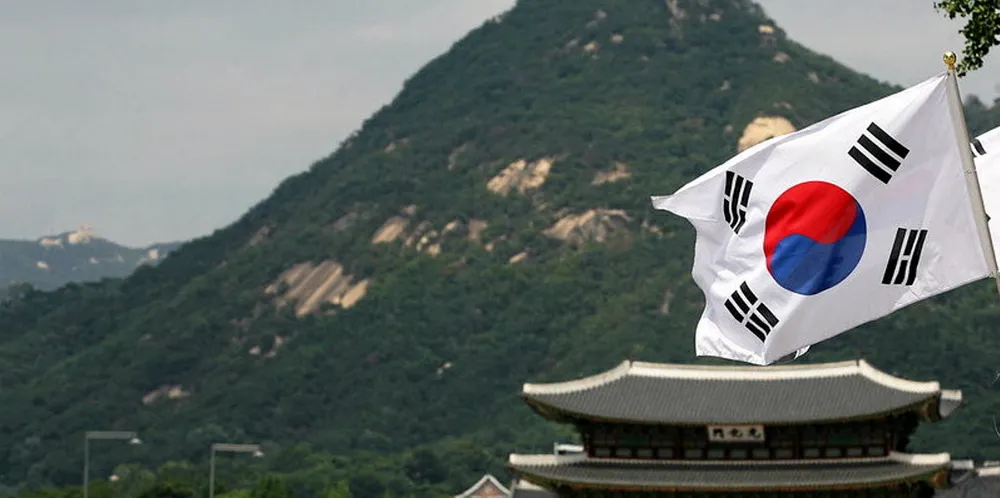South Korea set for 'significant' miss on renewable energy target: Fitch Solutions
Focus on offshore wind to help renewables capacity more than double by 2029, but nation to still fall far short of government's 60GW goal, analyst says

Focus on offshore wind to help renewables capacity more than double by 2029, but nation to still fall far short of government's 60GW goal, analyst says
